Bayelsa State’s drive to grow its economy through foreign investment got another boost at the weekend with the signing of a Memorandum of Understanding (MoU) with construction giant, China Civil Engineering Construction Corporation (CCECC), at the firm’s headquarters in Beijing.
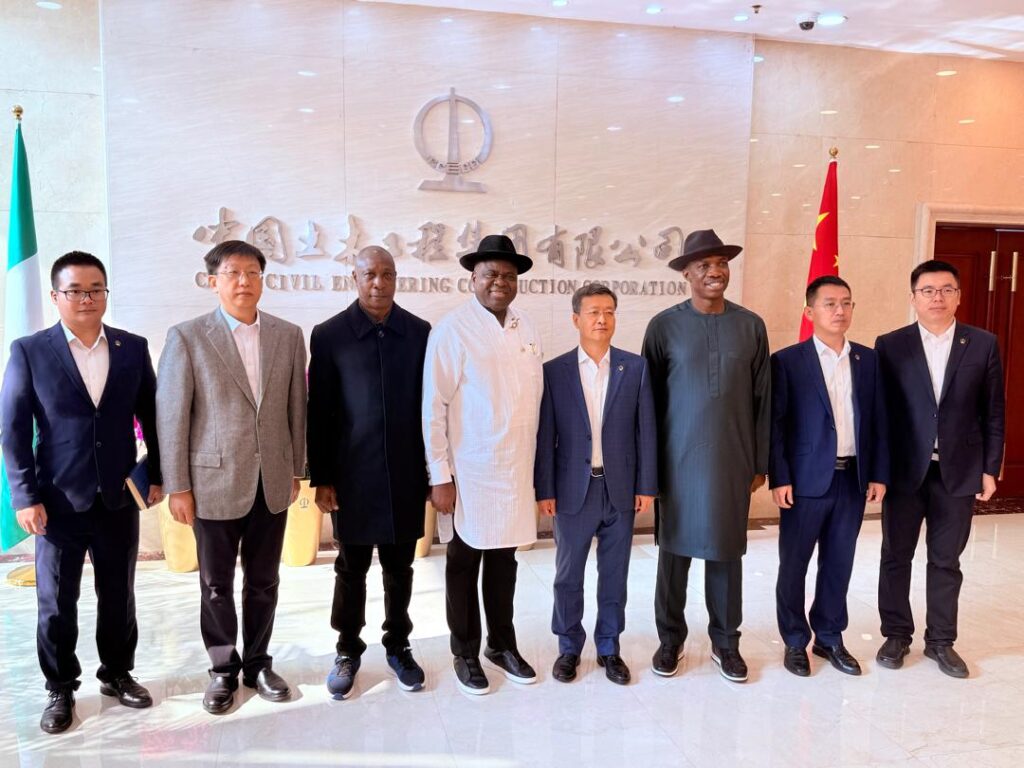
CCECC officials with Diri in white traditional wear.
The MoU covers infrastructure, agricultural and aquaculture projects as well as mass housing for civil servants and low-income earners in the state.
Governor of Bayelsa State, Senator Douye Diri, signed on behalf of the government while President of the CCECC, Mr. Chen Sichang, signed for the firm.
A statement by the governor’s spokesman, Mr. Daniel Alabrah, said this new deal comes on the heels of a similar agreement signed on October 14, 2025 in Abuja with Dubai-based Jampur Group for the construction of solar panels and smart electricity meters in the state.
Mr. Sichang, who described it as a landmark agreement, said at the ceremony:
“CCECC started its first project in Bayelsa in 2012. We have successfully completed a number of projects over the past 13 years, including the Tombia road, Niger Delta University road, airport access road, Glory Drive Phase 2, and the Yenagoa-Angiama section of the Yenagoa-Oporoma road.
“Notably, the ongoing construction of the 630-meter bridge (between Angiama and Oporoma) is the longest stand-alone bridge ever constructed by CCECC in Nigeria. The fact that such a significant project was awarded to our company is a clear reflection of Your Excellency’s strong confidence in our capabilities. For this, I again express our sincere gratitude and assure that we are fully committed to delivering the project on schedule and to the highest standards.”
He said Bayelsa was one of its most important strategic partners and proposed collaboration on projects that include more community access roads, power, water supply, mechanised agriculture and aquaculture as well as production of fertiliser to boost agriculture.
“Regarding financing of some of the projects, we will invest in them while for others we will seek government or credit support. We sincerely look forward to signing a Memorandum of Understanding with the state government to explore cooperation in these areas, and we hope to engage in concrete project partnerships in the near future. We are dedicated to delivering more exemplary China-Africa cooperation projects that support the state’s long-term growth.”
Governor Douye Diri, in his remarks, described CCECC as development partners.
He recalled that there were issues bordering on indebtedness to CCECC and some other companies when he assumed office in 2020 but that his administration had cleared the backlog.
He said: “When I assumed office and saw the quality of work done by your company from the time of my predecessor, I decided to continue with you. For us, we see you not only as a construction company but more as a development partner. Today, you have confirmed this.
“Since we overcame the initial challenges, your company has been doing wonderfully well in our state. In fact, it is one of the first top companies that partnered with us on infrastructure development of the state.
“I’m impressed that you already mentioned some of the areas I wanted to talk about like roads, agriculture, aquaculture and housing development. I believe we are all thinking positively together.”
The Bayelsa governor stated that the President of Nigeria would be invited to inaugurate the Angiama-Oporoma bridge in February next year during the sixth anniversary of his administration.
He also expressed the determination to provide mass housing within the remaining two years of his tenure.
“This is one area of cooperation we seriously desire. We want to see private sector-driven housing projects in Bayelsa, particularly in a place we call the New Yenagoa City. Same for power and water supply.
“From the day I came into office, two things I told myself we must do were the provision of electricity and pipe-borne water for our people. These are basic necessities.”
Diri accepted the proposal for a fertiliser production plant and that the government was interested in mechanised agriculture and aquaculture.
“As you stated, you are ready to go into financing of these projects. When you become development partners, it means government alone is not the party bringing all the money. So we will agree on the financing model and the investment model. That way, you are seen more as financiers and investors and no longer as contractors.”


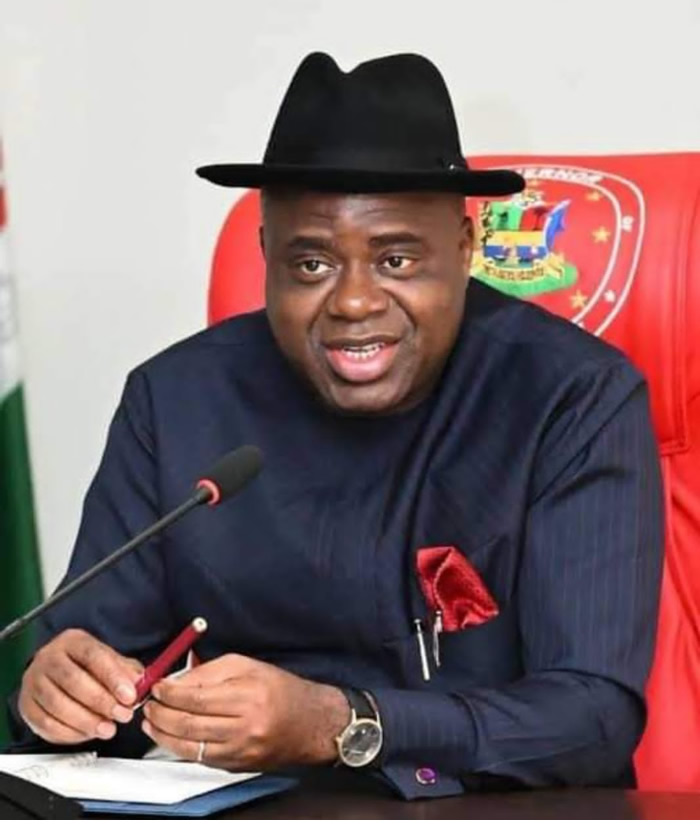
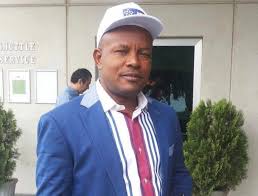

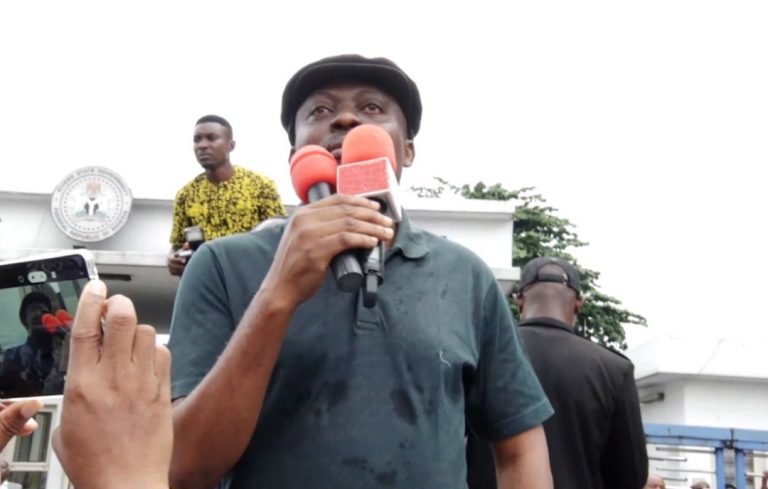
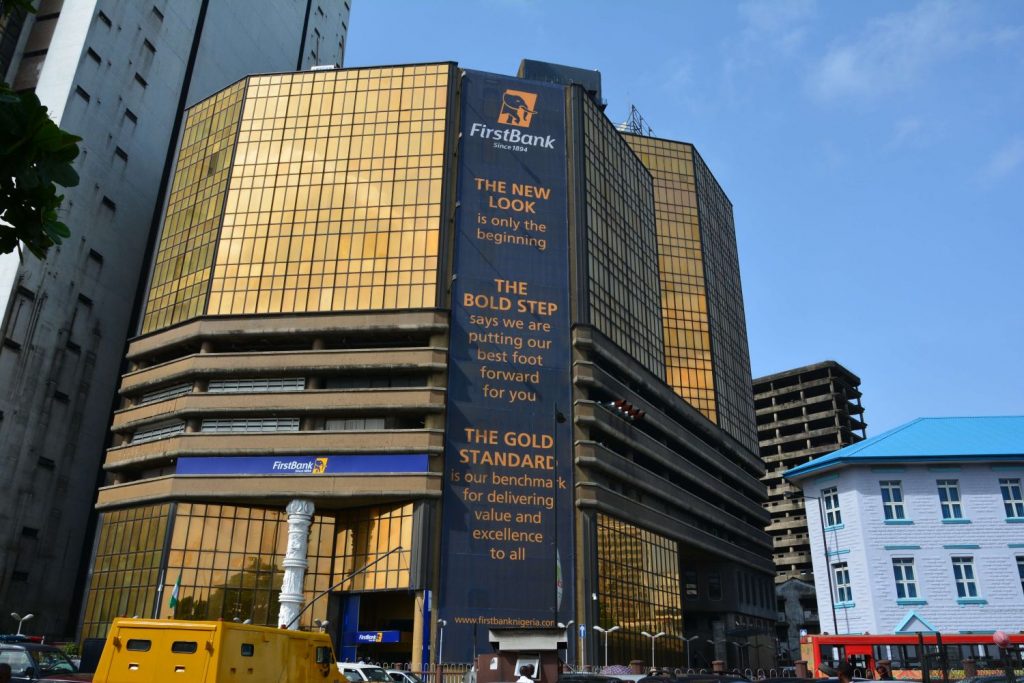
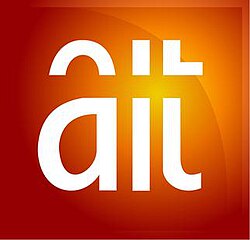


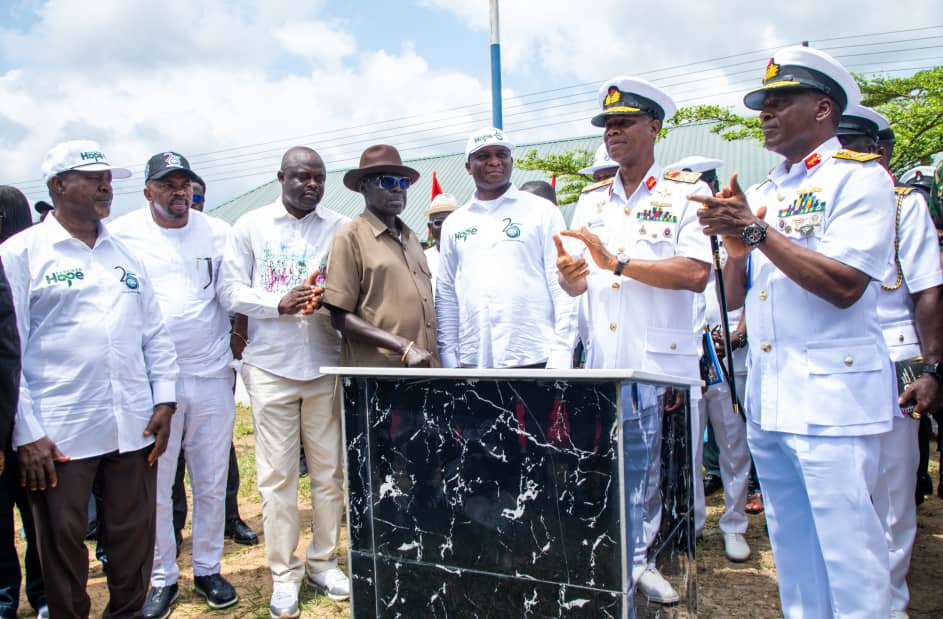
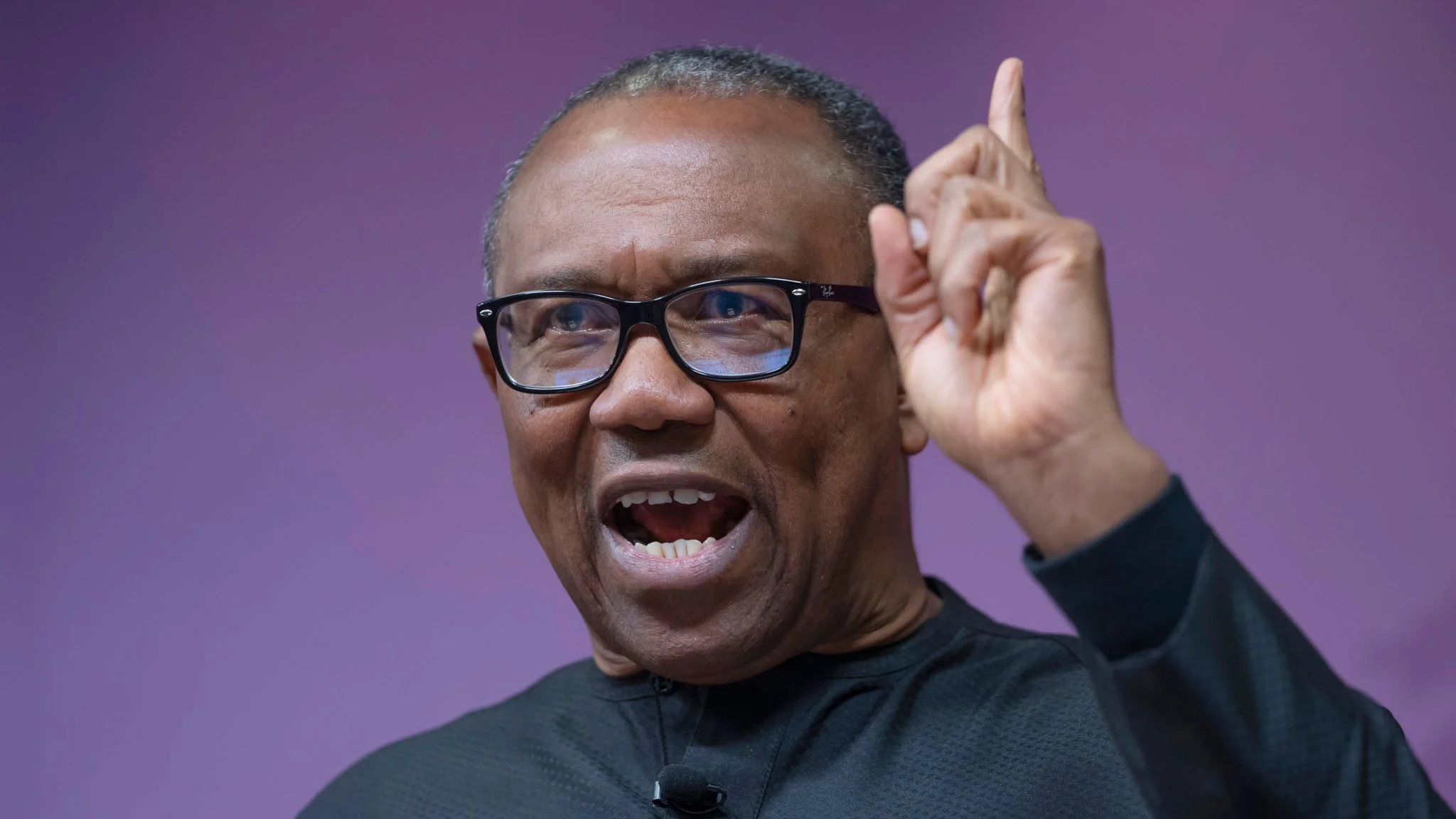
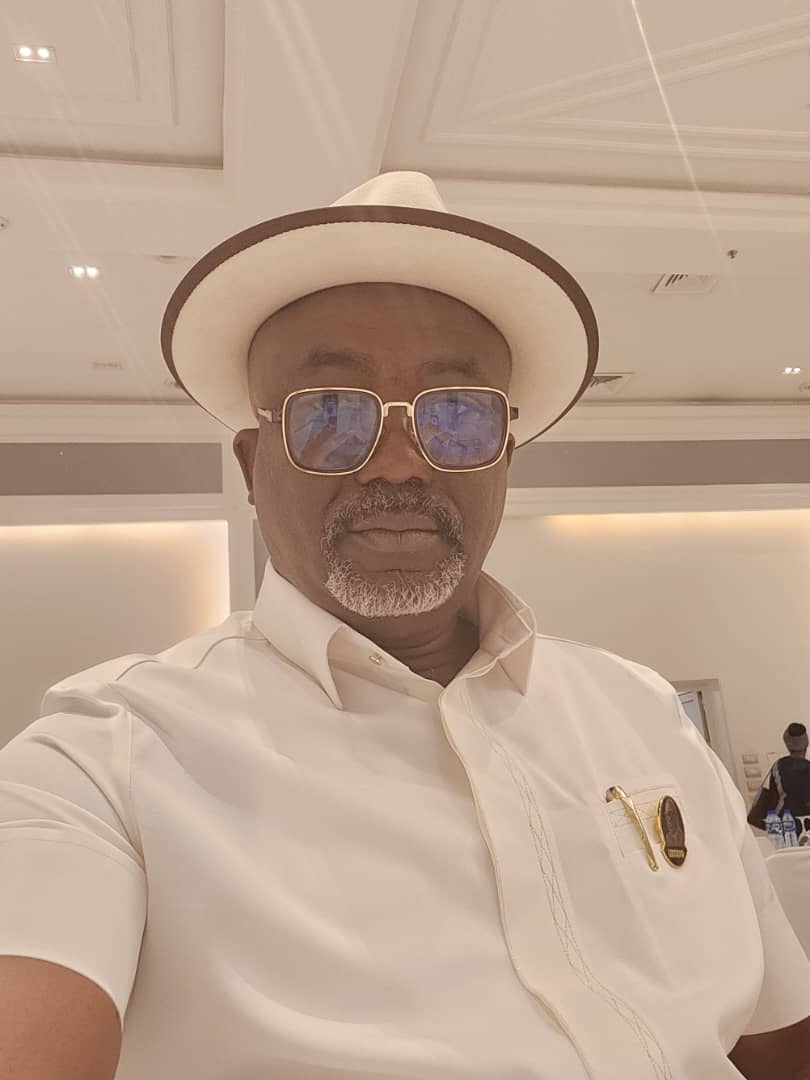
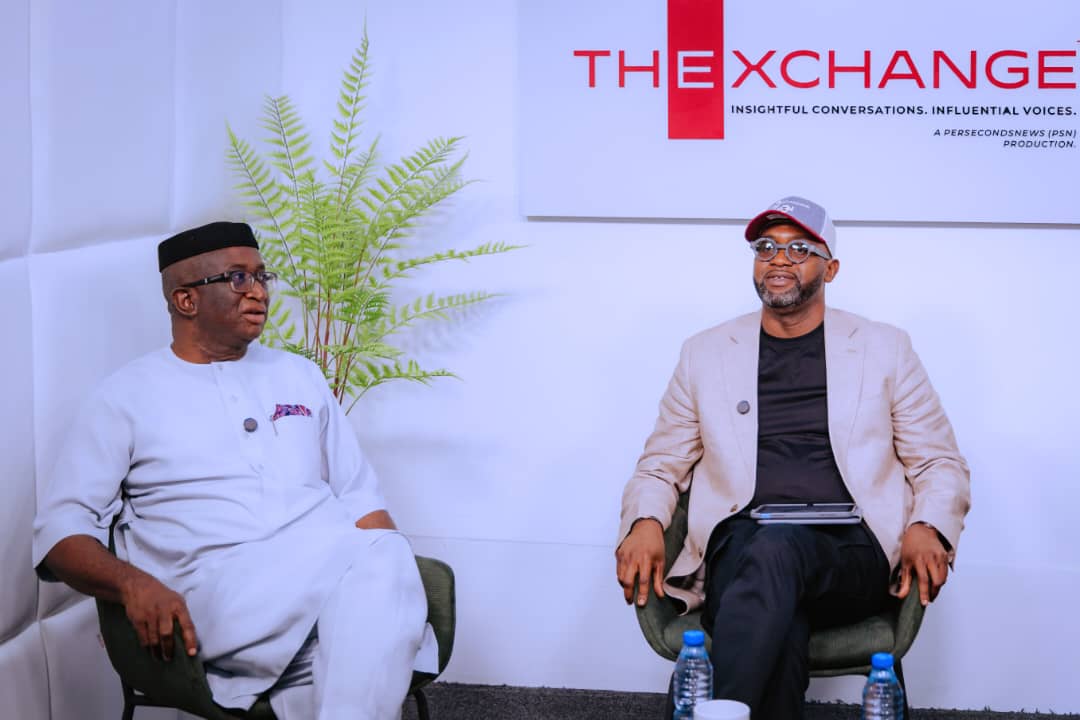
Leave a Reply